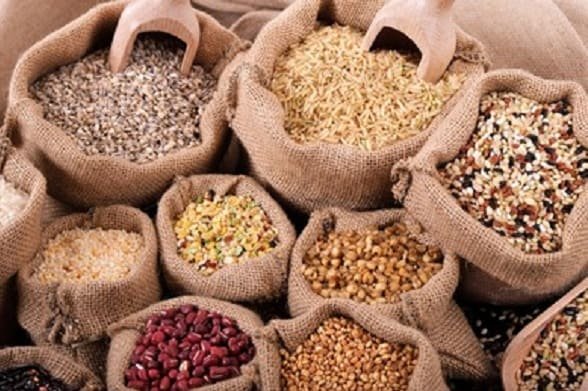John Deere offers JDLink connectivity service
JDLink connectivity includes machine and agronomic data sharing at no additional cost without additional subscriptions or renewals required
John Deere, the provider of advanced products, technology and services for customers whose work is revolutionising agriculture, is offering customers JDLink connectivity service at no additional charge, making it easy for customers to connect machines and to stay connected. The change allows customers to quickly activate the JDLink connectivity service and manage their connected machines within their John Deere Operations Center account, either on the web or the mobile app. Connectivity subscriptions or renewals are no longer required so customers can simply activate the service and leave it on.
After logging into Operations Center, customers will be prompted and asked if they want to activate the service. After completing a few easy steps, JDLink connectivity service will be enabled to provide simple, seamless, continuous wireless service and make it possible for customers to monitor their machines and their farms anytime from anywhere.
An available automatic enrollment feature means customers no longer need to worry about machine connections; future purchases of equipment built with JDLink mobile telematics gateways (MTGs) can be automatically enrolled.
JDLink connectivity provides customers with a single level of service that includes machine and agronomic data sharing and all the features available within the Operations Center. “This change enables customers to unlock the full value from Connected Support and precision ag technology on their farm,” Jennifer Badding, manager, precision ag for John Deere said. Customers with existing JDLink subscription service agreements can allow them to remain in place until they expire. However, customers can convert existing subscriptions to the new connectivity service at any time, at no additional charge.
“Previously for each machine, customers had to choose the right subscription, timeframe and price. Activations took many steps and each subscription renewal had to be separately managed,” Badding said. “Because of the extra steps required, some customers let their subscriptions lapse or they passed on the opportunity to connect their machines. As a result, these customers have been missing out on the value of Connected Support and precision agriculture.”
As farm sizes continue to grow, Badding said farmers are finding it increasingly difficult to hire the skilled labour they need. In addition, more farmers are remotely managing their operations and depend on being connected to make timely adjustments when needed.
“Connectivity is critical for today’s farms and no other company offers better agronomic and machine connectivity than John Deere,” Badding said. “Linking customers to their work, results, teams, advisors, equipment, dealer and to John Deere is important, and we’re making connectivity simple. This way customers can focus on their farms with less worry about connecting several different machines or managing multiple subscriptions.”
Specific services, features and options available to customers may vary depending on their location and the machines.
JDLink connectivity includes machine and agronomic data














